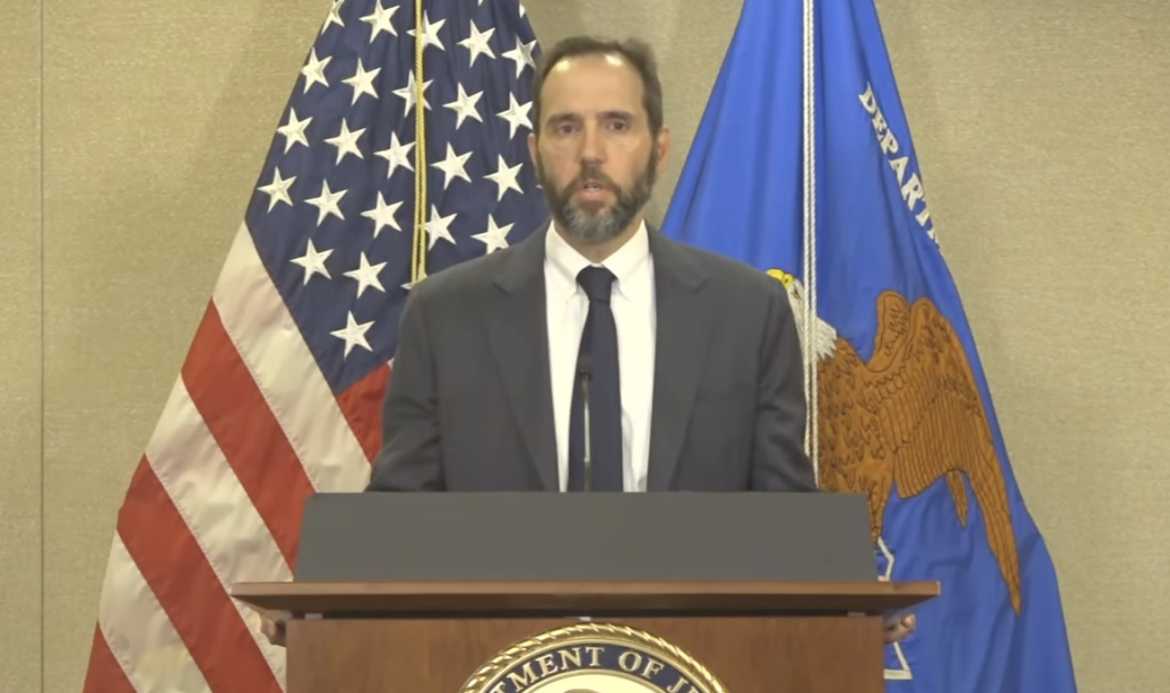(Washington, D.C.) – In a significant development in the criminal case against former President Donald Trump and his co-defendant Walt Nauta, Magistrate Judge Bruce Reinhart has granted special counsel Jack Smith’s request to restrict the disclosure of information from the discovery process. The decision comes as the special counsel intensifies its investigation into alleged wrongdoing by Trump and Nauta.
The restrictions imposed by Judge Reinhart prohibit Trump and Nauta from disclosing any information obtained through the discovery process to the public, news media, or social media platforms without prior notice to and consent from the United States or approval from the court. The move aims to safeguard the integrity of the ongoing criminal case and prevent potential interference or manipulation of public opinion.
Special counsel Jack Smith, leading the investigation into the actions of Trump and Nauta, submitted the request for restrictions, seeking to ensure that sensitive information gathered during the discovery phase remains confidential. The discovery process involves the exchange of evidence and relevant materials between the prosecution and the defense.
The approval of these restrictions by Judge Reinhart underscores the court’s commitment to maintaining a fair and impartial trial. By limiting the disclosure of discovery materials, the court aims to prevent potential pretrial publicity that could impact the case’s outcome or compromise the privacy of individuals involved.
The criminal case against Trump and Nauta stems from the ongoing investigation led by the special counsel. While the specific details of the charges have not been disclosed publicly, it is understood that the investigation centers on alleged misconduct during Trump’s presidency. The case has garnered significant attention as it involves a former U.S. president and raises questions about the accountability of high-ranking officials.
As the legal proceedings move forward, the imposition of restrictions on disclosure reflects the delicate balance between the right to a fair trial and the public’s right to access information. The court’s decision aims to protect the interests of both parties involved, ensuring that the case proceeds in a transparent and unbiased manner.
The special counsel’s request for restrictions on disclosure underscores the sensitivity of the information obtained during the discovery phase. The court’s approval emphasizes the need to maintain the confidentiality of these materials, particularly given their potential impact on the public perception of the case.
The next steps in the criminal case against Trump and Nauta remain uncertain, as the investigation led by the special counsel continues to unfold. The restrictions imposed on disclosure serve as a reminder of the complexities and challenges involved in high-profile legal proceedings and the importance of upholding the principles of justice.
As the case progresses, the public and the media will have to navigate the limitations imposed by the court. The restrictions on disclosure will undoubtedly prompt discussions about the balance between transparency and the protection of sensitive information, highlighting the ongoing debate surrounding high-profile criminal cases and their impact on public discourse.
Disclaimer: This article is based on information available at the time of writing and may be subject to change as the case evolves.



